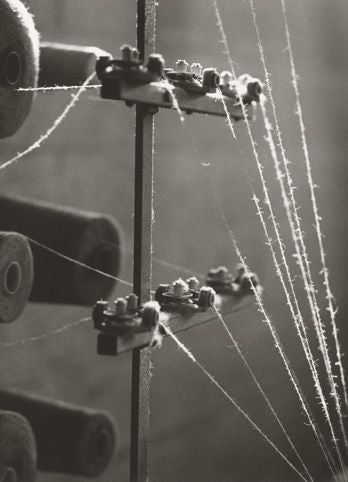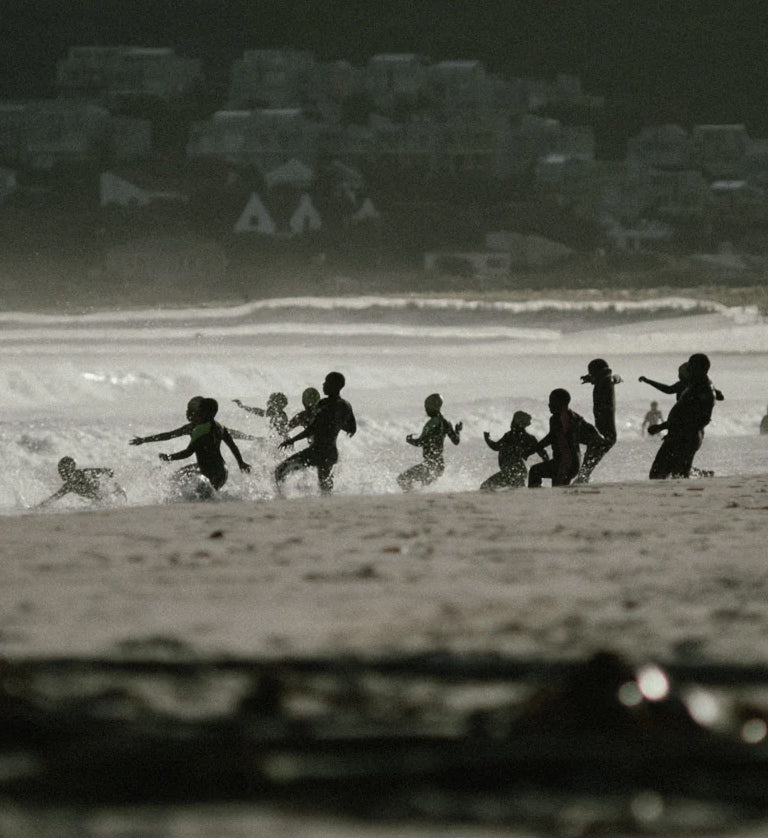SOCIAL RESPONSIBILITY

The South African clothing industry, particularly in Cape Town, has faced
significant challenges over the years, contributing to its decline. Historically, the sector was a prominent player in the South African economy, but various factors led to its downfall.
With global competition the industry faced stiff competition from low-cost manufacturing countries, particularly in Asia, leading to the outsourcing of production to cheaper labour markets.
The decline in local textile manufacturing further impacted the clothing industry. Many textile mills shut down due to an inability to compete with cheaper imports. Changing consumer preferences, particularly a shift towards fast fashion and global brands, reduced the demand for locally produced clothing. The downfall of the industry resulted in significant job losses, affecting many skilled workers and communities that were dependent on the sector.
This is why we produce all of our garments, accessories and footwear locally with the exclusion of knitwear due to no manufacturers locally having the ability to produce quality knitwear. The decision to keep things local was made because we are able to keep a close eye on the conditions in which our factories are manufacturing. We also wish to assist in growing the local clothing industry back to what it was before.
We had so many highly skilled workers, sadly many
of these skilled workers have been lost, but with the growing awareness of ethical production we believe the local clothing industry can be resurrected.We are happy to support the local economy by keeping our production local. It’s part of our business philosophy to invest in the local market. We provide equal opportunities for employment and advancement regardless of race and gender.
" In 5 years, I hope to see more awareness around eco-fashion, but there’s a massive education drive that’s required, and this is the only thing that will result in a change in behaviour.
This is what I’m passionate about "
Emma Longden

We continuously aim to educate the South African market and our customers about ethical manufacture, the need for more natural fabrics and less polyester. We attempt to do this through social media, in store and via our website.
Finally, Every quarter, we happily donate one percent of all online sales to an environmental non-profit. We all leave an impact on the planet, so we are driven by the desire and need to reduce that impact and create awareness in and around the fashion industry. We believe it is our responsibility to actively play a part in cleaning up that footprint. We are currently donating to
Sentinel Ocean Alliance.
We regularly assess and try to improve our practices. We continuously attempt to source more environmentally friendly fabrics and leather options. We hope with the growing awareness and demand for a more sustainable and ethical fashion industry we will have more access to fabrics and materials locally in the near
future.
